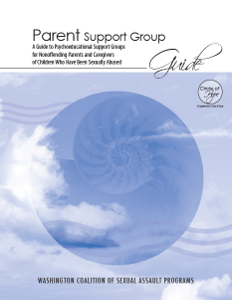At WCSAP, we receive a lot of questions from advocates about the "ins and outs" of mandated reporting. Although Washington's law about mandated reporting is pretty straightforward, it can feel much more complex in practice. Here are some quick answers (that do not constitute legal advice) to some of the recent questions we have received on this topic:
- Q:
- Do I need to report sexual abuse of a minor that is not committed by a parent or caregiver? What…
